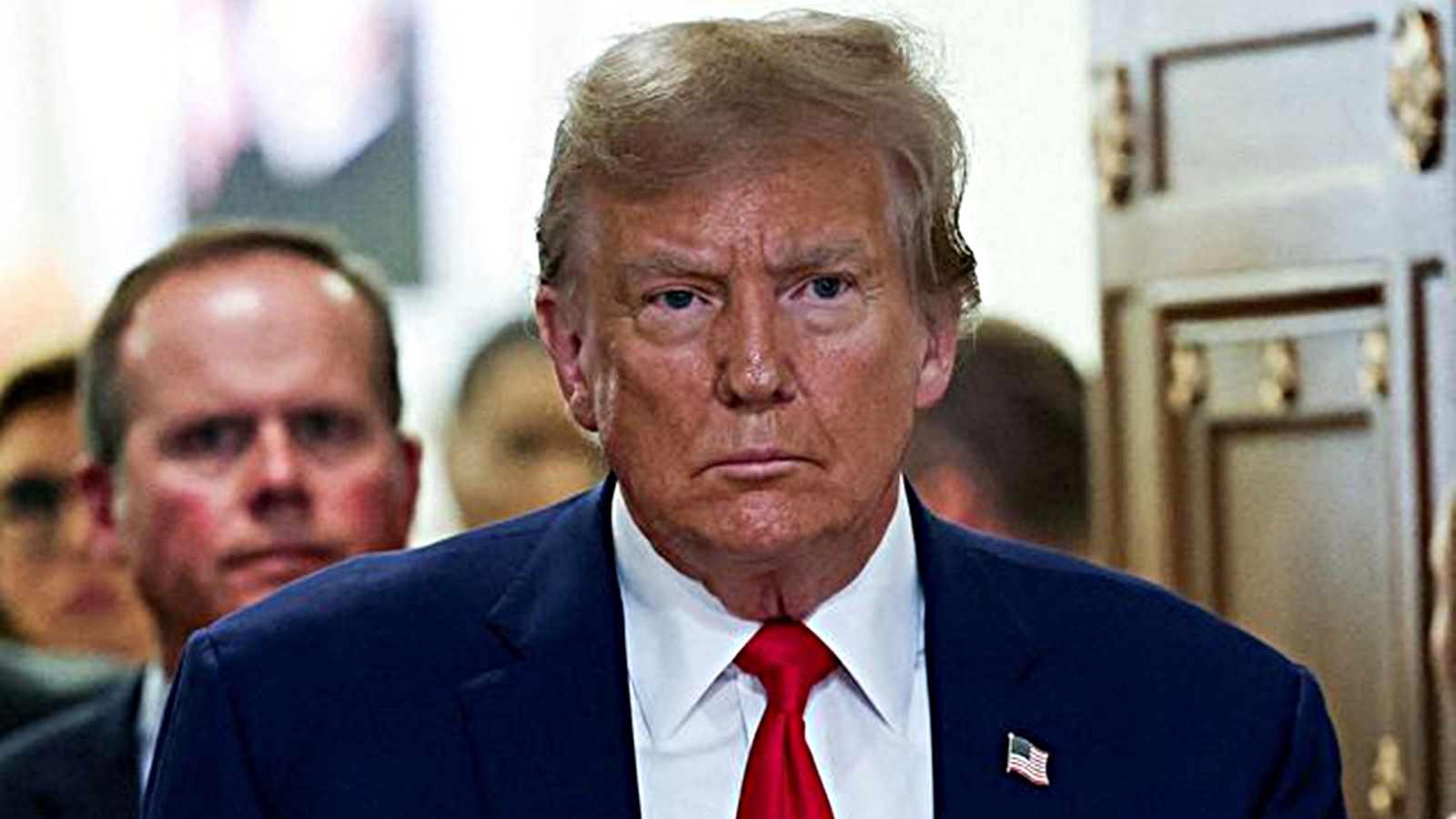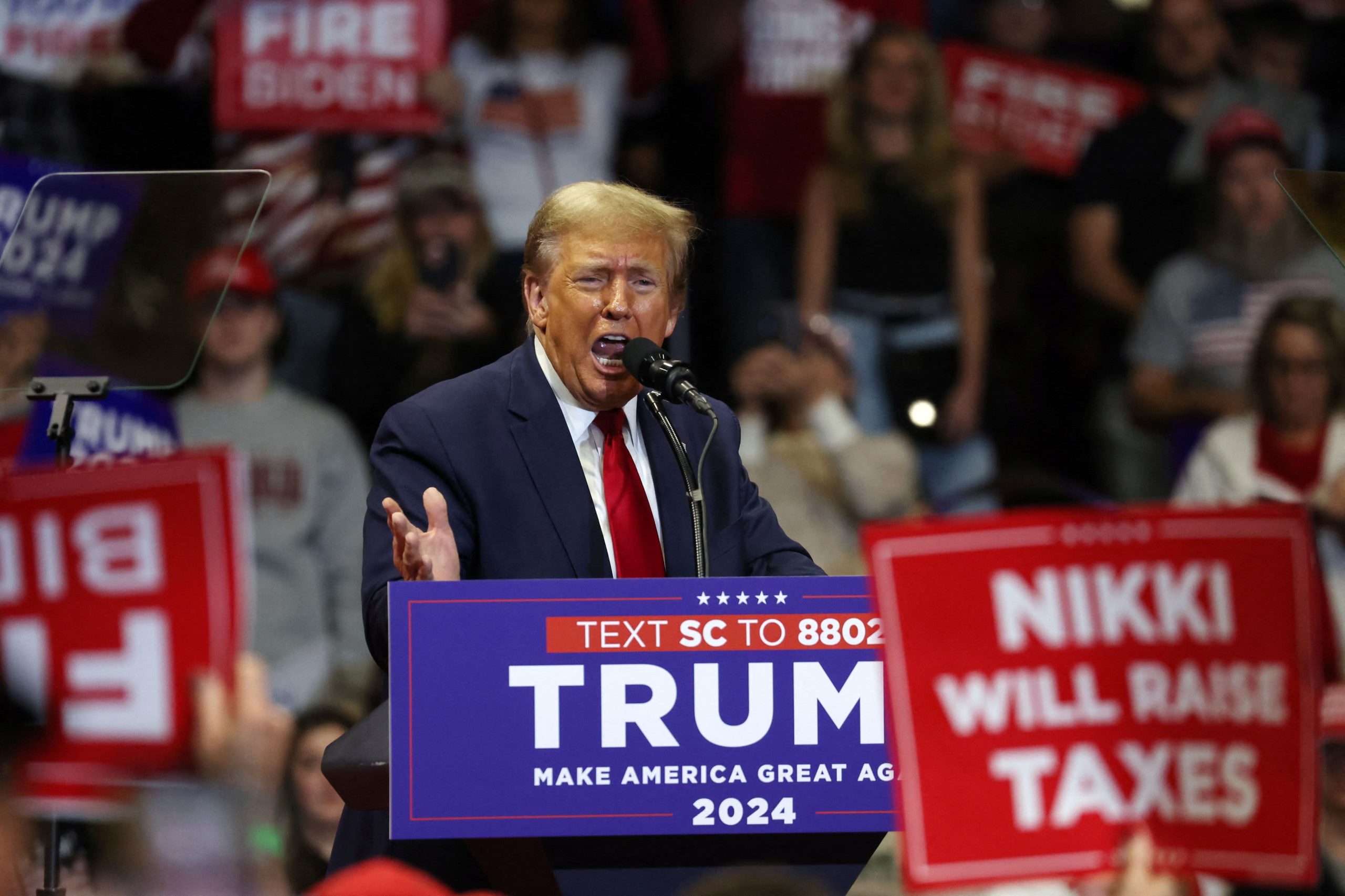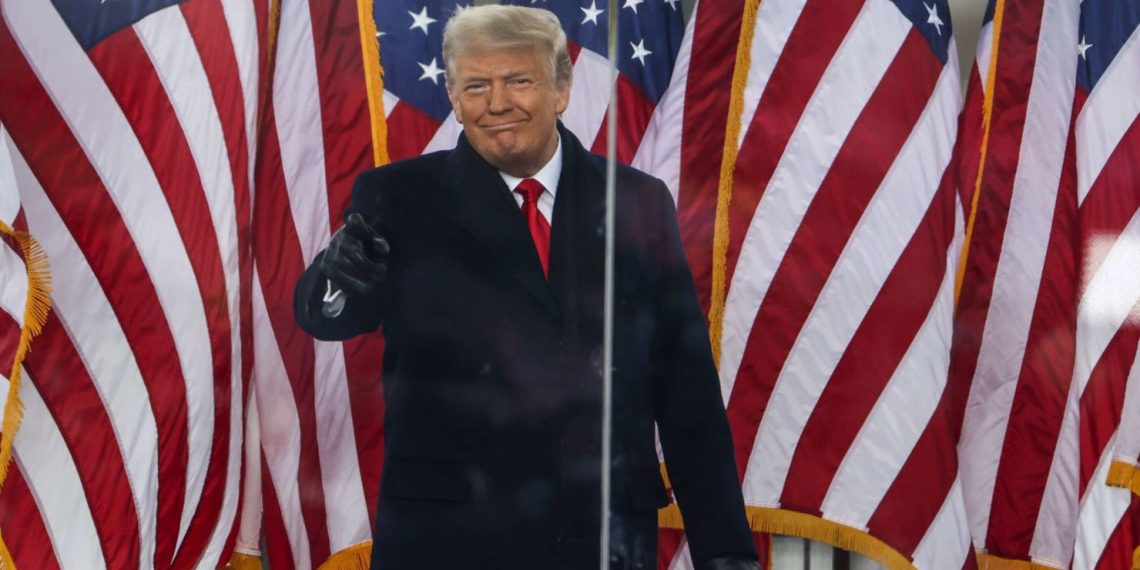Former President Donald Trump appealed an Illinois judge‘s decision barring him from the state’s Republican presidential primary ballot due to his alleged involvement in the January 6, 2021, Capitol insurrection.
Judge Tracie Porter’s ruling, issued on Wednesday, favored Illinois voters who contended that Trump should be excluded from the March 19 primary ballot and the subsequent November 5 general election ballot.
In response, Trump filed an appeal to Illinois’ 1st District Appellate Court on Thursday, challenging Porter’s decision as unconstitutional.

Porter had invoked the anti-insurrection clause of the U.S. Constitution’s 14th Amendment, which prohibits individuals who engaged in rebellion against the government from holding public office. She had stayed her ruling pending Trump’s appeal.
The case’s ultimate resolution is expected to hinge on the U.S. Supreme Court, which previously heard arguments related to Trump’s ballot eligibility on February 8. Advocacy group Free Speech For People, leading the effort to disqualify Trump in Illinois, refrained from immediate comment on his appeal.
Trump’s ballot eligibility faces scrutiny beyond Illinois, with Colorado and Maine also removing him from their ballots under constitutional grounds. However, both decisions are pending appeal as Trump seeks to contest his disqualification.

The January 6, 2021, Capitol riot, instigated by Trump supporters aiming to disrupt Congress’s certification of Joe Biden’s election victory, serves as the crux of Trump’s ballot disqualifications. Trump’s incendiary speech preceding the riot and his delayed response to quell the violence has drawn legal scrutiny, especially regarding his fitness for public office.
The ongoing legal battle over Trump’s ballot eligibility underscores the broader debate surrounding accountability for the events of January 6 and the constitutional ramifications of political insurrection.





